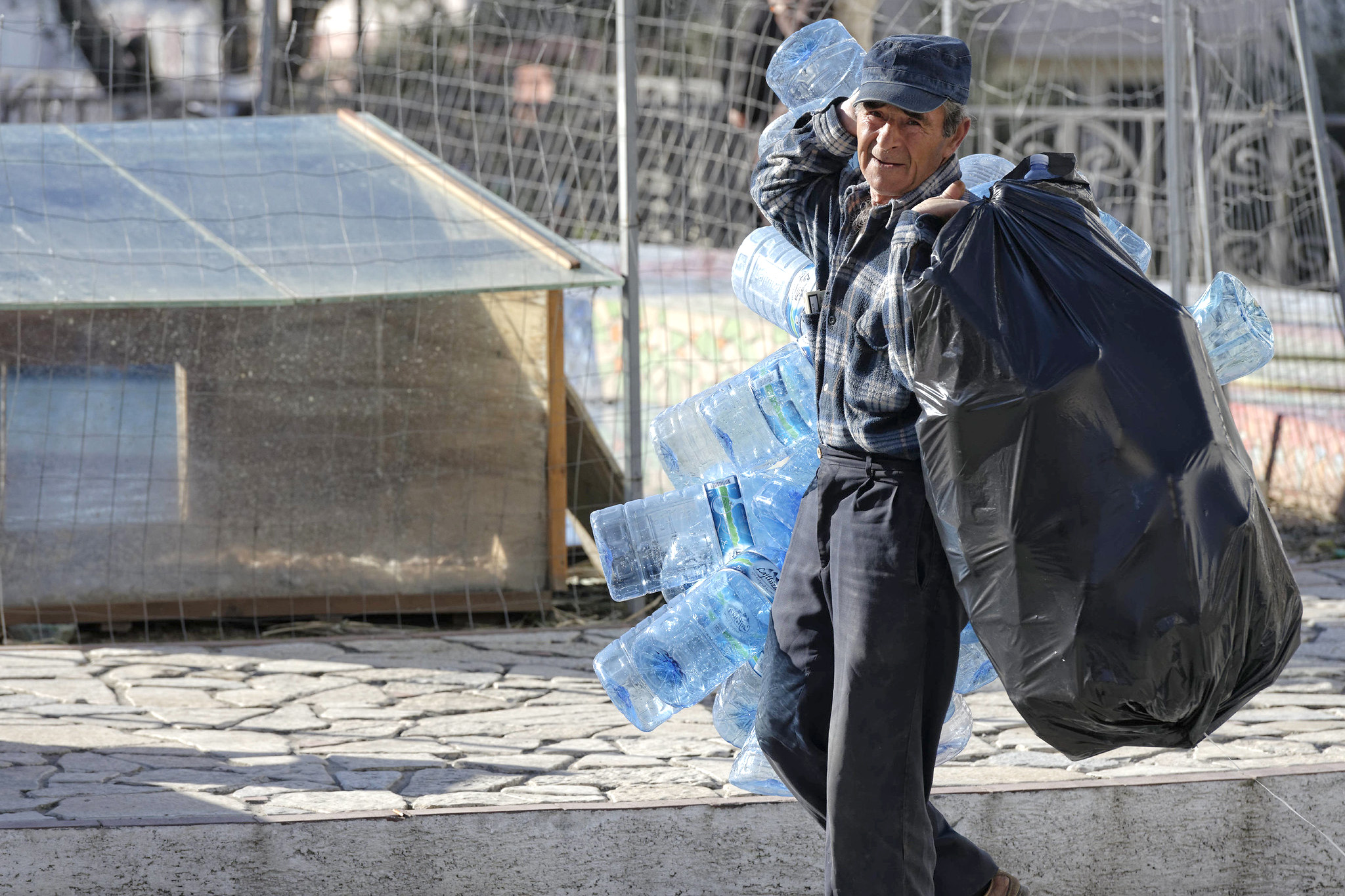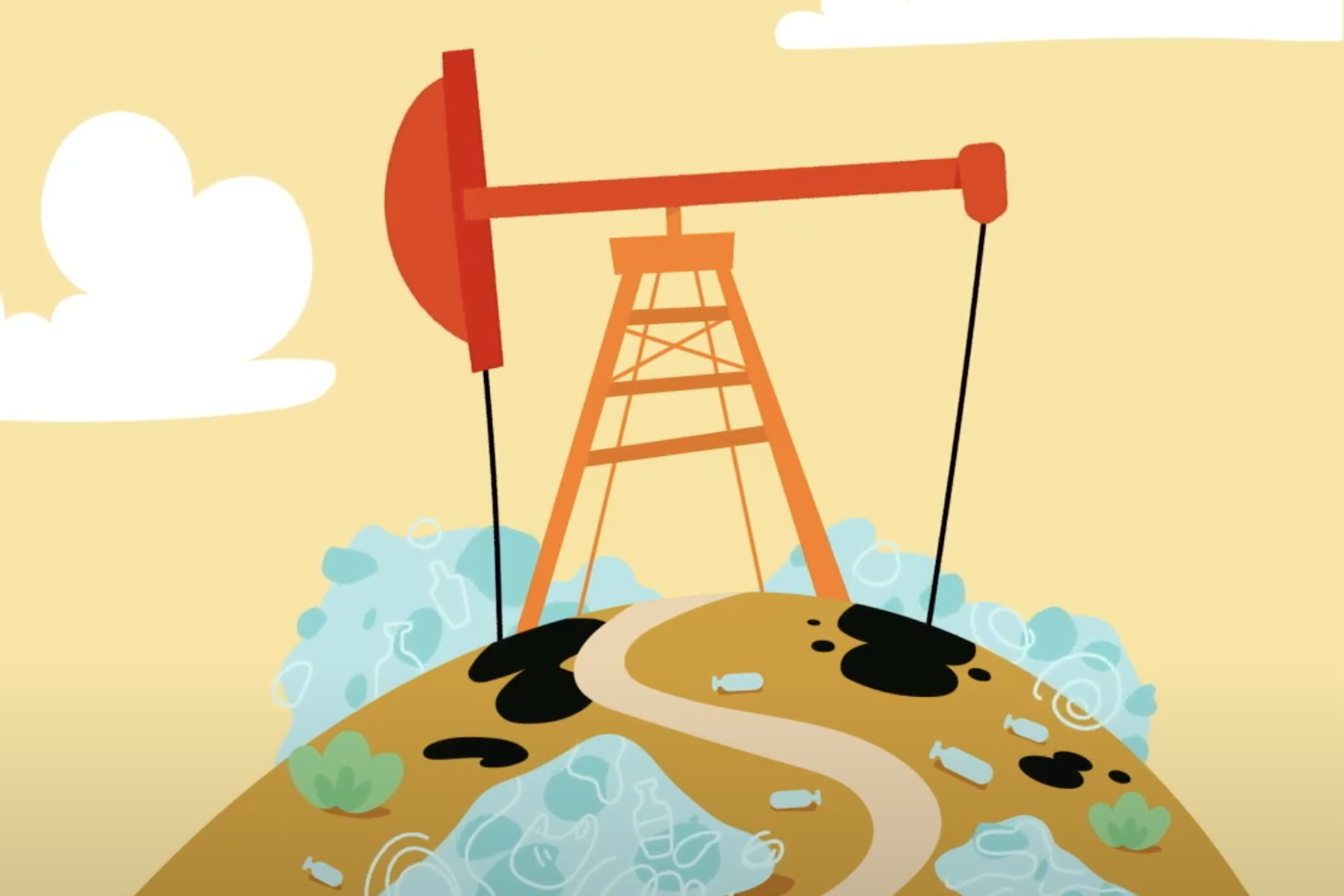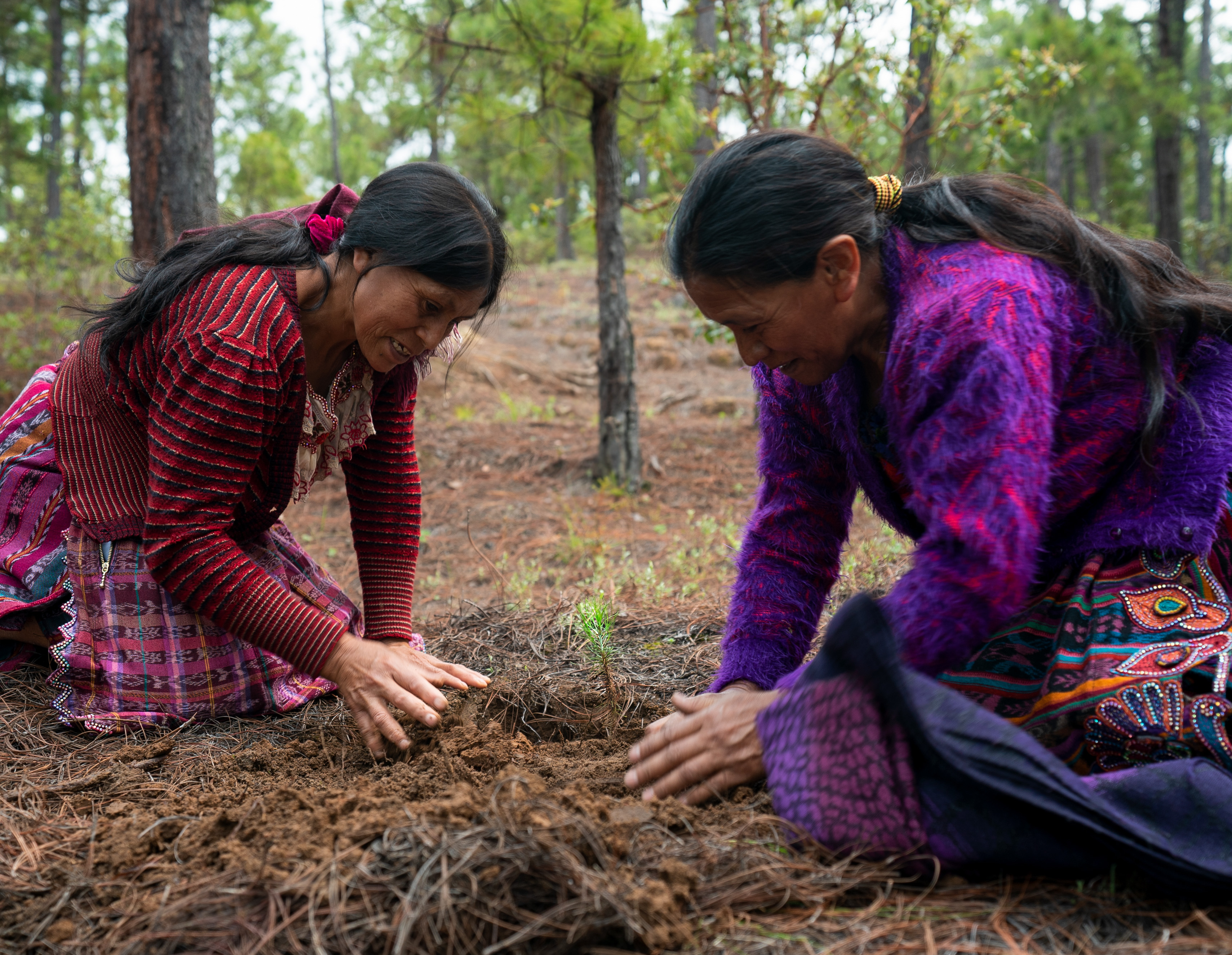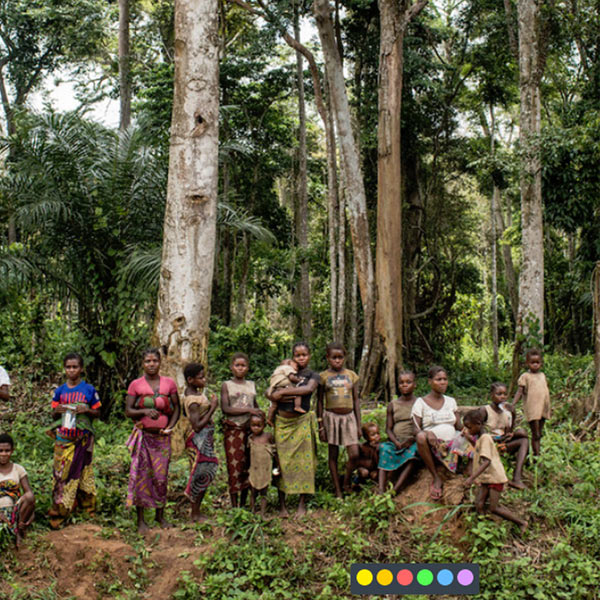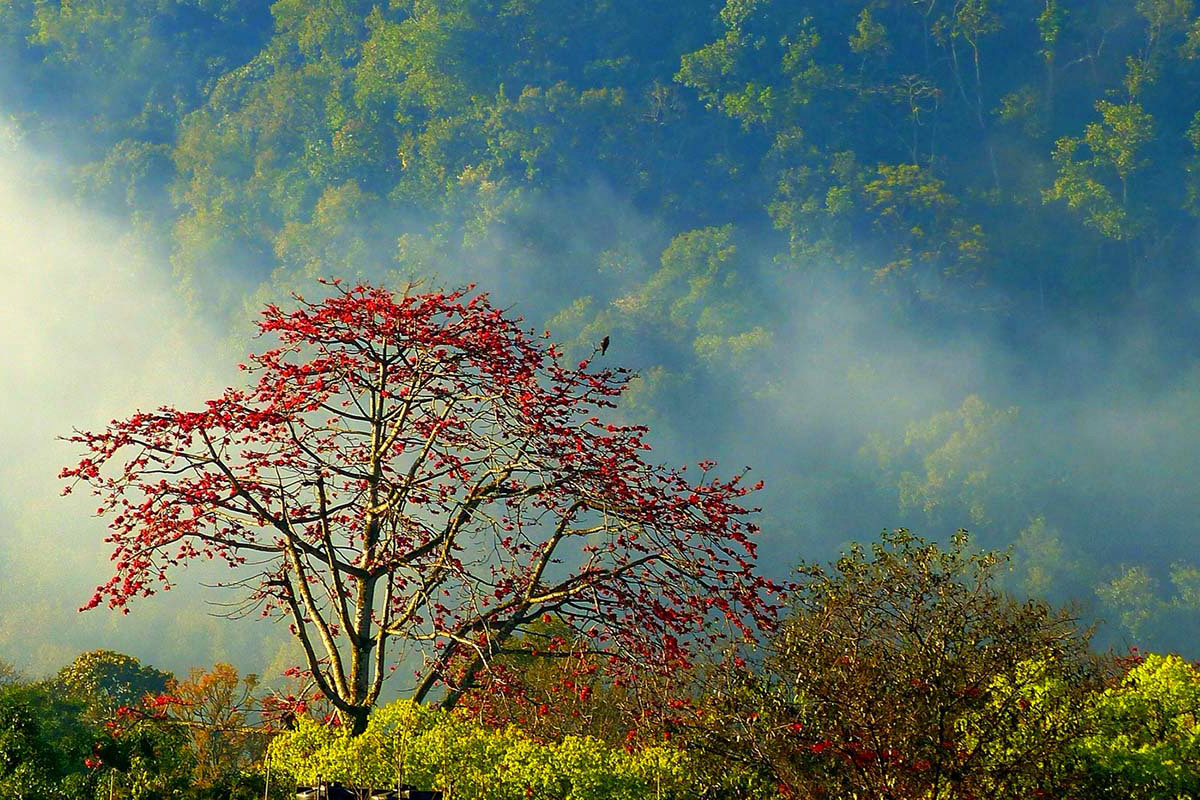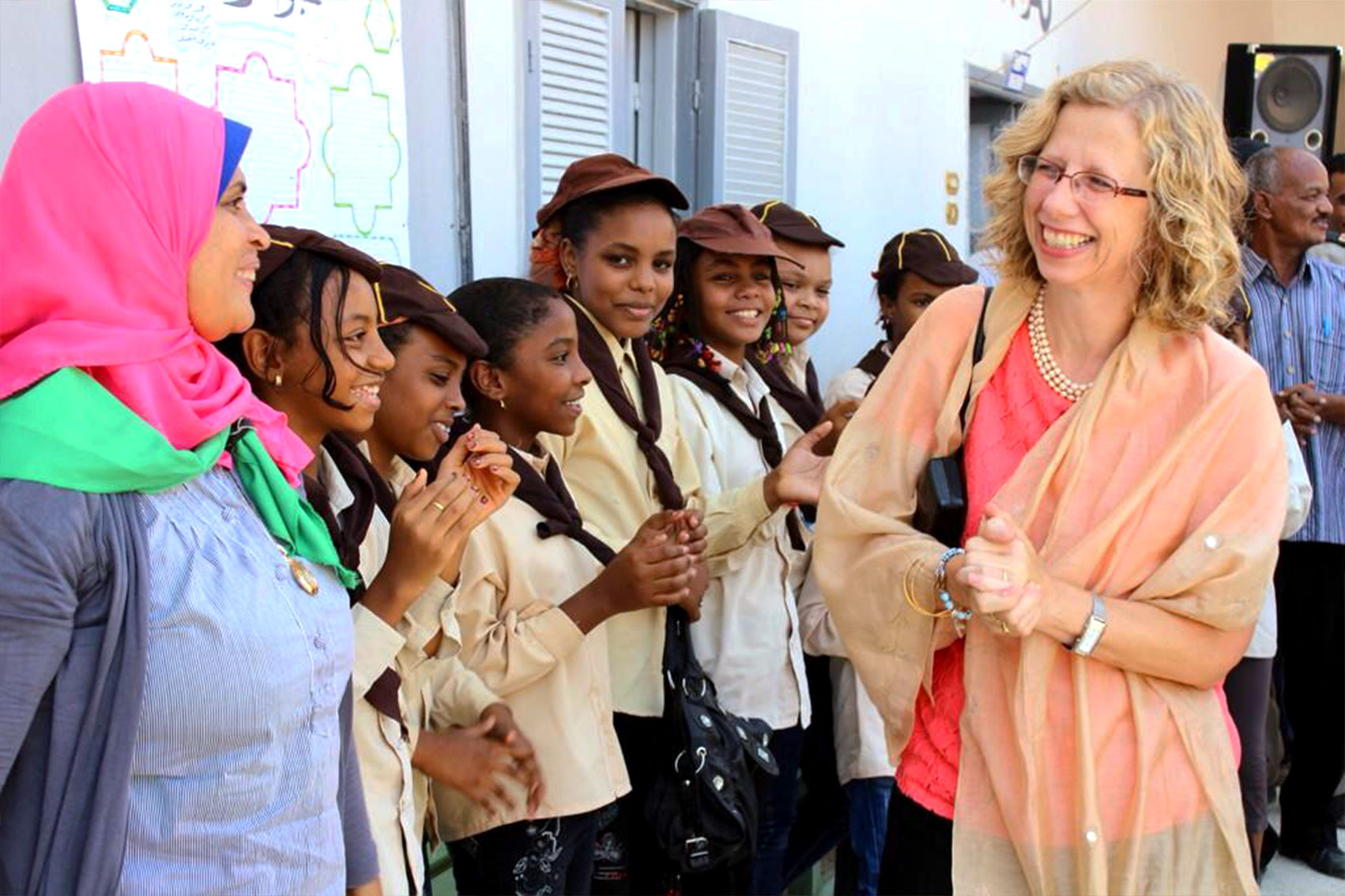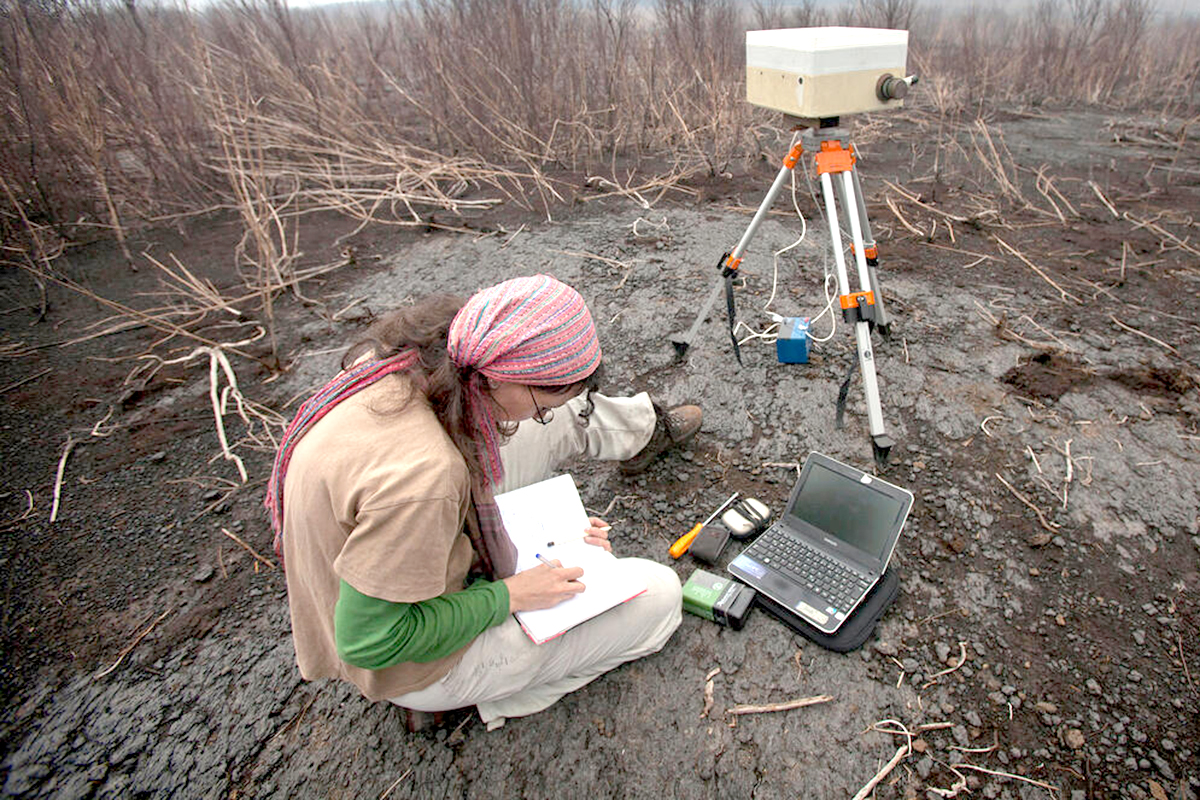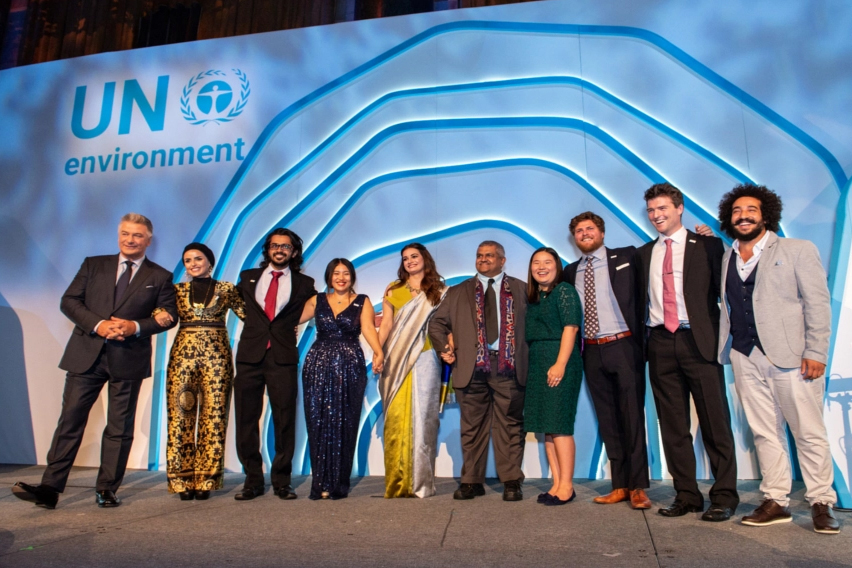Global trade in plastics tops a whopping $1 trillion each year, or 5% of total merchandise trade. This is 40% higher than previous estimates and involves virtually all nations. The fresh insights into the massive extent of plastics in world trade have emerged from a new UNCTAD research paper, “Global trade in plastics: insights from the first life-cycle trade database.” The study is the first attempt to map and quantify global trade flows across the entire life cycle of plastics – from raw inputs to final products and waste.
Natural Resources and the Environment
Top international energy and climate leaders from countries representing the vast majority of global GDP, energy use and greenhouse gas emissions are taking part in the IEA-COP26 Net Zero Summit. The Summit will be a critical opportunity to take stock of the growing list of commitments from countries and companies to reach the goals of the Paris Agreement. It also seeks to accelerate the momentum behind clean energy and to examine how countries can work together more effectively to reduce their greenhouse gas emissions to net zero in line with shared international goals. Watch it live!
Every year, the toxic trail of economic growth – pollution and waste – results in the premature deaths of millions of people while doing untold damage to the planet. Plastic poses a big problem from source extraction to waste. Not only to the environment, but also to human beings and the achievement of the Sustainable Development Goals. Would you like to know how? Find out with this animation! UNEP supports strong laws and institutions for a healthy planet and healthy people.
With rampant destruction of forests, it is not bold to say that the lungs of the Earth are sick. In Guatemala, members of the Utz Che' Community Forestry Association are part of the solution. As the forest provides livelihoods for villagers, Utz Che' communities plant trees to improve their lives. Nearly 2,500 hectares of land are marked for reforestation and more than 30,000 trees have been planted. In 2020, Utz Che' was awarded UNDP’s Equator Prize for its community-led conservation work through nature-based solutions.
Our lives are linked to forests in so many ways: when we drink a glass of water, write in a notebook, take medicine for a fever or build a house. Forests produce goods and services, fostering economic activity that creates jobs and improves lives. Therefore, they also play a crucial role in poverty alleviation and in the achievement of the Sustainable Development Goals (SDGs). This year International Day of Forest (21 March) focuses on how restoration and sustainable management of forests help address the climate change and biodiversity crises.
Since the beginning of time, we have treated nature as a free and endless provider of services. We hike in forests, swim in oceans and use its resources without a second thought. But even if we don’t pay for these goods and services, their value is far from zero.
At the UN Environment Assembly leadership dialogue ministers and other high-level representatives are invited to announce concrete actions by their respective governments or organizations that will promote the environmental dimension of sustainable development
We need to strengthen action to protect and restore nature and the nature-based solutions to achieve the Sustainable Development Goals in its three complementary dimensions: social, economic and environmental. The fifth session of the UN Environment Assembly (UNEA-5) starts today and it provides an opportunity for Member States and Stakeholders to take ambitious steps towards building back better and greener by ensuring that investments in economic recovery after the COVID-19 pandemic contribute to sustainable development.
Environment is the foundation for human wellbeing. Who speaks for it? Who leads on it? Almost fifty years ago, in 1972, UNEP was created as the anchor institution for the global environment, a small, smart and capable body that was to “color the UN environmental”. UNEP’s fiftieth anniversary offers an opportunity to reflect on its core mandate, raise awareness about its accomplishments, and solicit input on its future. Join us for a conversation with Maria Ivanova, the author of “The Untold Story of the World's Leading Environmental Institution: UNEP at Fifty” at 18:30 - 19:30 h EAT.
Scientific assessments estimate that humanity has ten years remaining to solve the environmental challenges it faces, including climate change, biodiversity loss, pollution management, ocean protection, as well as air and water quality. Business as usual in the global economy is clearly not working. Big data, artificial intelligence (AI) and digital transformation can play important roles to ensure sustainable development. UNESCO, in collaboration with UNEP and partners, is organizing the global virtual conference AI for the Planet, to inspire further actions in this field.
This week's guest on Awake at Night with Melissa Fleming is Inger Andersen, E
UNEP calls for nominees for the Champions of the Earth award – the UN’s highest honour for individuals and organizations that are safeguarding our environment and transforming societies.
An engineer who turns plastic rubbish into paving stones. An activist who is fighting to save endangered salmon. And an inventor who developed a machine capable of pulling water out of the air. These are just some of the winners of the 2020 Young Champions of the Earth prize. They are Nzambi Matee (Kenya), Xiaoyuan Ren (China), Vidyut Mohan (India), Lefteris Arapakis (Greece), Max Hidalgo Quinto (Peru), Niria Alicia Garcia (United States of America) and Fatemah Alzelzela (Kuwait).
The UNEP 2020 Greening the Blue report provides a snapshot of the UN System’s environmental impacts throughout 2019 and the activities underway to reduce them.
The UN Environment Programme named seven young scientists, engineers, entrepreneurs and activists from across the globe as its 2020 Young Champions of the Earth. With solutions to harvest water from the air, recycle plastic into paving slabs, and motivate fishing boats to haul tonnes of plastic out of the ocean, these change-makers show how innovative ideas coupled with ambitious action can help solve some of the world’s most pressing environmental challenges. They’ll receive seed funding, mentoring and communications support to amplify their efforts.

